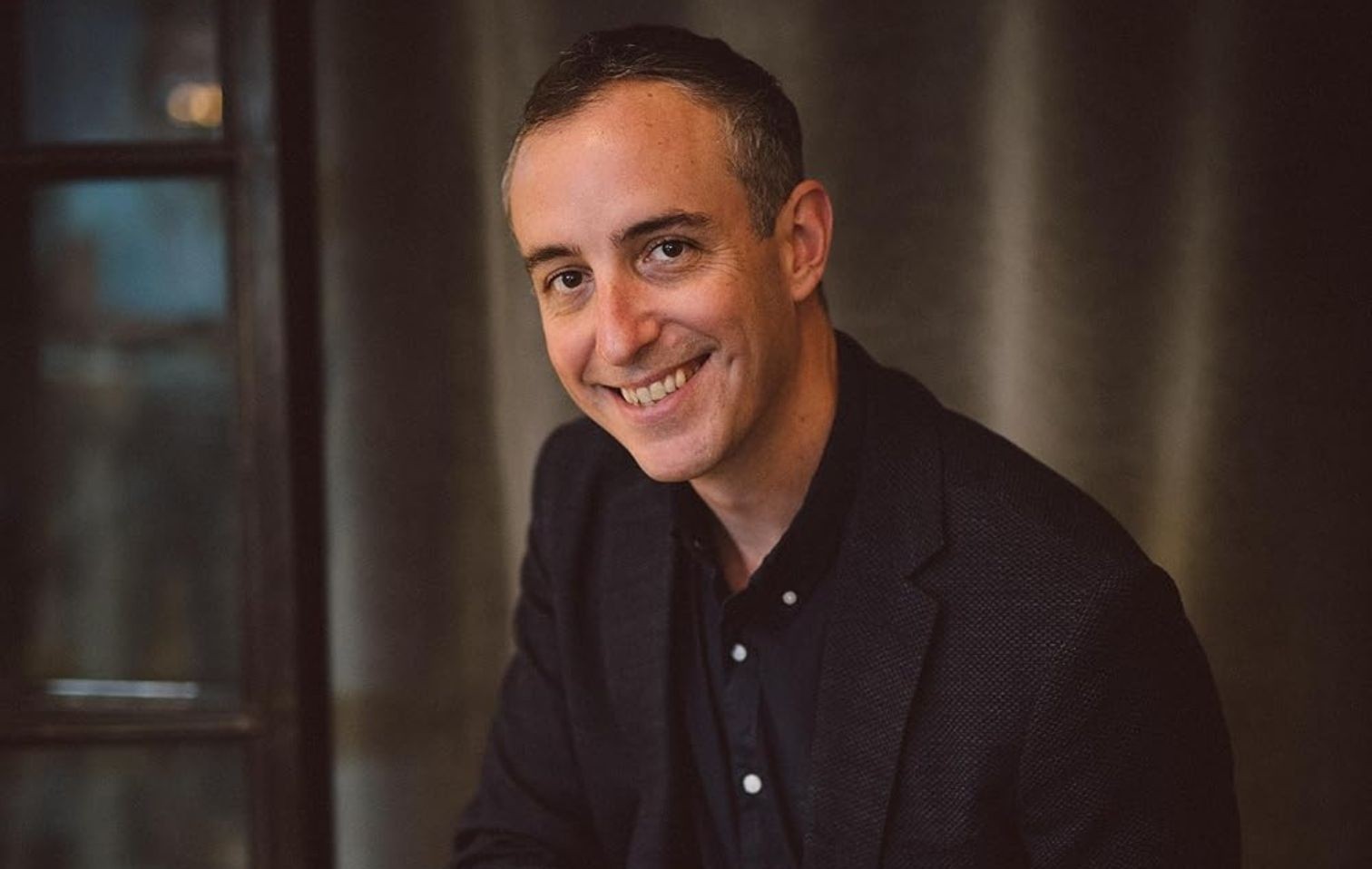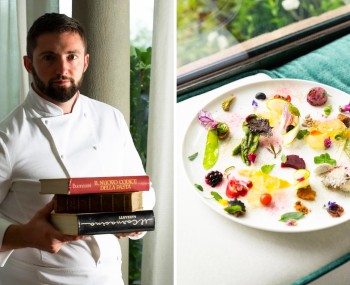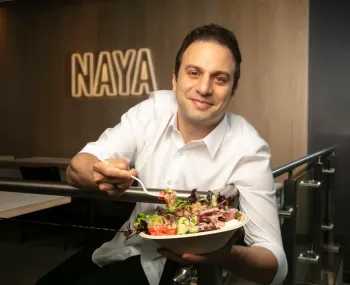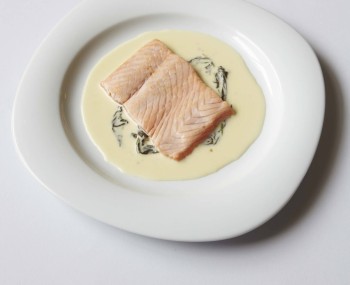“In 2006, gourmet restaurants were places where parents went to eat, not young people. And that was one of our first missions: to create a luxury restaurant for our generation, one where we felt comfortable and could have fun.”
The opinion
There is a specific place in Manhattan where haute cuisine meets the poetry of gesture, where every forkful is a promise and every smile a ritual that borders on magic. No, we're not talking about a simple restaurant, but a true sensory experience, a theatrical stage of emotion that goes by the name of Eleven Madison Park. A temple of gastronomy that has made a name for itself not only for its three Michelin stars, but for a revolutionary idea of hospitality—what Will Guidara has renamed “irrational hospitality.” Back in 2017, EMP (as it is known to its friends) was crowned the best restaurant in the world. But the secret of its success is not hidden in a list of ingredients or the perfect cut of vegetables. The real star here is the unexpected gesture, the thoughtful attention that does not appear on the menu but remains in the memory. This is the lesson that has made Guidara a contemporary hospitality guru and a point of reference even for pop culture: just think that he is the consultant behind the cult series The Bear, where his bestseller Irrational Hospitality becomes a sort of culinary Bible for aspiring maître d' Richie.
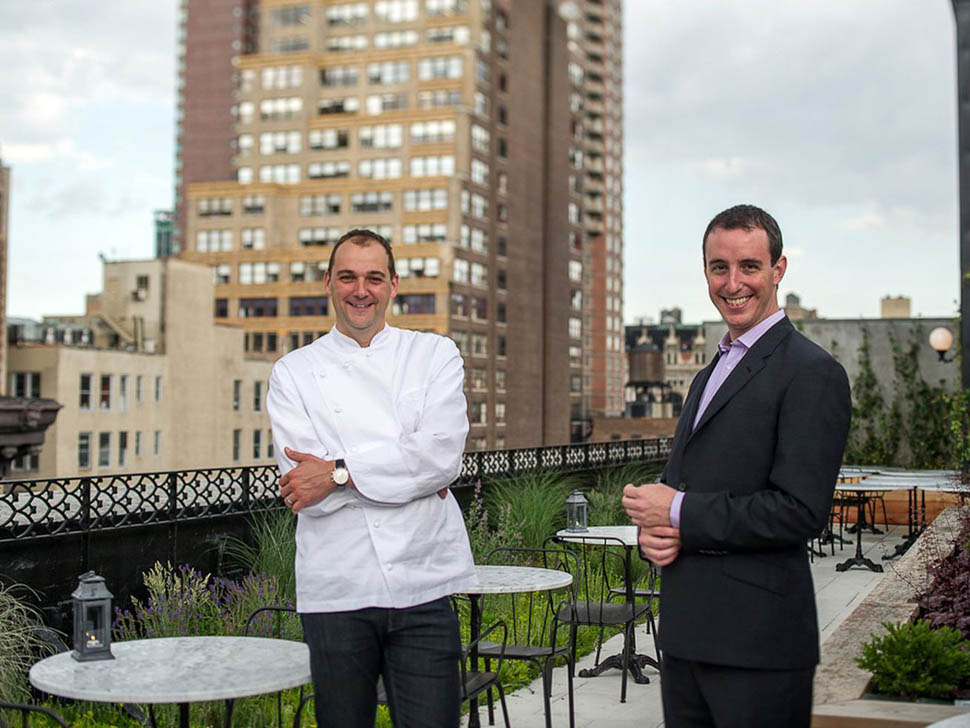
Imagine the scene: a group of friends, on their last day in New York, sitting at the art deco tables of Eleven Madison Park. They let themselves be lulled by impeccable cuisine, but at the end of the meal, with a touch of regret, they confess that they haven't tasted the classic New York hot dog. Will Guidara, who at that moment is moving between the tables like any other waiter, listens to the conversation and doesn't think twice: he leaves the restaurant, runs to the first kiosk on the corner and returns triumphant, hot dog in hand. Not an ironic gesture, but the beginning of a small masterpiece. Chef Daniel Humm looks at him as if he's gone mad. Then he understands. He cuts the sausage into four elegant portions, adds the sauces with the precision of a Swiss watchmaker, and transforms street food into a signature dish. “The customers went crazy,” Guidara recounts with enthusiasm still alive, years later. And so, while traditional restaurants were looking for the next exotic ingredient to put on their menus, Humm and Guidara realized that the real rarity was making every guest feel seen, understood, and celebrated. It was no longer just a matter of taste, but of meaning. The EMP epic began in 2006, when two young men—a 28-year-old Swiss chef who already had a Michelin star and a 26-year-old maître d'—decided to turn the fine dining world upside down. “We wanted to be the Beatles of gastronomy, Nirvana, the Rolling Stones... we wanted to be eternal,” Guidara confessed in an interview with El Mundo. And for them, eternity is not achieved through ostentation, but through invisible details.
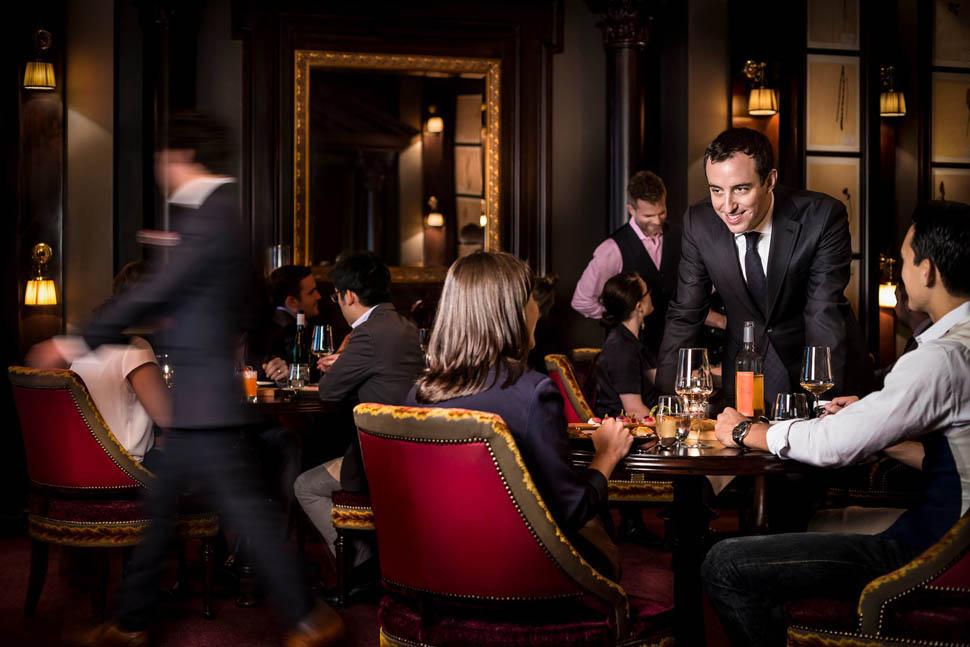
Unlike other prestigious restaurants, still bound by dress codes and elitist club formalities, EMP spoke to young people. No mandatory ties, no pretentious tone: just a warm welcome, passion, and that spark of empathy that makes you say, “I want to come back here.” "In 2006, gourmet restaurants were places where parents went to eat, not young people. And that was one of our first missions: to create a luxury restaurant for our generation, one where you felt comfortable and had fun," says the master of hospitality. After all, for Will Guidara, the vocation for catering is a love story that began when he was a child: on his twelfth birthday, his father took him to the Four Seasons. He wore a blue jacket with gold bottoni and felt like a king. When he dropped his napkin, a waiter handed him a new one and called him “sir.” It was at that moment that the spark was ignited. There is a quote that Guidara often cites, by Maya Angelou: “People will forget what you said and what you did, but they will never forget how you made them feel.” This is the philosophy behind irrational hospitality. A principle that takes shape in stories like that of the Spanish family dining at the restaurant as it began to snow outside. The children had never seen snow before. What does Guidara do? He buys four sleds, calls an SUV, and sends them to Central Park to play. Pure magic.
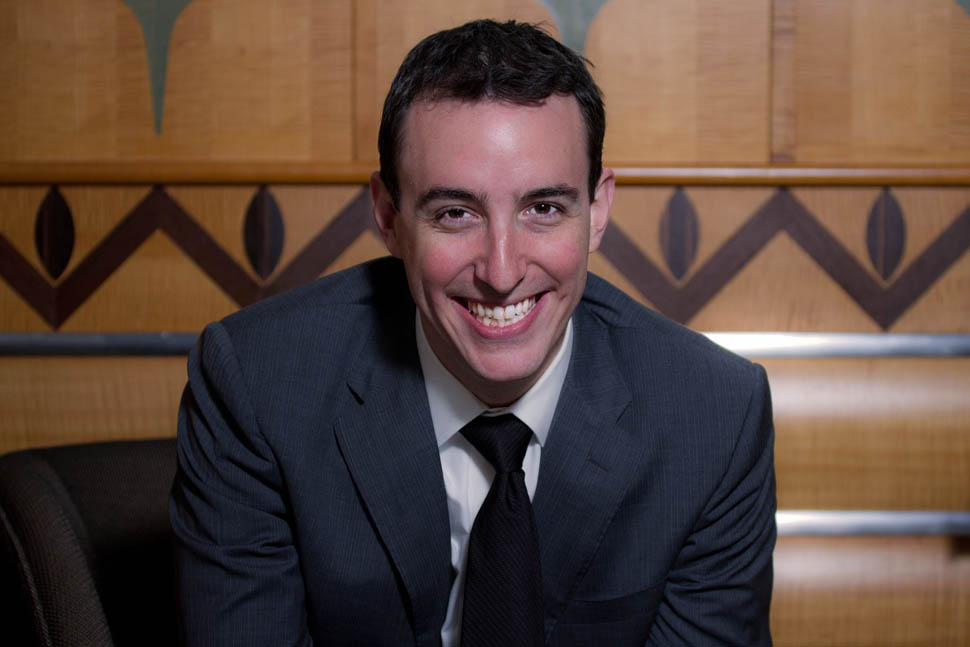
It is no coincidence that a new figure worthy of a novel has emerged at EMP: the “Dreamweaver.” A true dream weaver, tasked with inventing unique moments tailored to each customer. From champagne glasses in Tiffany blue boxes for those getting engaged at the table, to hangover kits with muffins, coffee, and Alka-Seltzer for those joking about the upcoming revelry. And every detail is thought out with surgical humanity. If someone went out for a smoke, they were offered an elegant shot in a disposable glass; if a traveler arrived with a suitcase, they received a box of snacks for the flight. The watchword? Make the experience unique, tailor-made, intimate, like a secret dedication. Today, the influence of Eleven Madison Park goes beyond Michelin-starred kitchens. The Bear is a perfect example: in the series, Guidara's book is read with the devotion of a contemporary gospel, and the philosophy of irrational hospitality comes to life on stage, transforming the daily frustration of service into a ritual of human connection. Guidara is now a producer on the third season of the series, and while he proudly recounts how television conveys emotional impact better than any book, he never forgets the beating heart of his vision: the selfish joy of welcoming. “It's a precious addiction,” he says, “because once you start, you never want to stop.” And it is precisely this addiction that has transformed a restaurant into a legend, a hot dog into an act of love, and hospitality into an art form that, like a Beatles song, remains in the memory. Forever.
